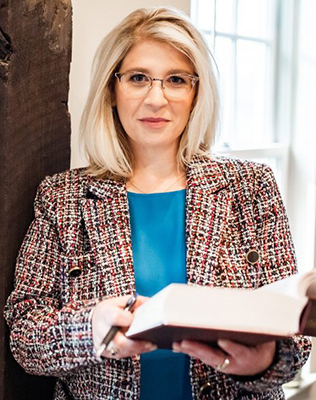Mediation offers a great opportunity for couples who want to work through their divorce issues with a minimum of expense and time. But that does not mean that mediation is for everyone.
The use of alternative dispute resolution methods like mediation, negotiation, and arbitration in commercial settings set the stage for the use of lower-conflict divorce resolution in family courts. Just as with commercial litigation, mediation and negotiation reduce the financial cost, time, and emotional wear and tear of couples going through divorce.
Here are a couple of basic points about mediation during the divorce process:
- Subject matter: The hard part of divorce is the emotion that departing spouses bring to the table or the courtroom. With either mediation or litigation, the same ground must be covered before an absolute divorce is granted. The settlement document must cover division of property and assets, spousal support, child custody, child support, parenting time, and related issues.
- Parties present: With litigation, each party retains an attorney. Their divorce winds its way through hearings, discussions, and documents, and finally resolution by the court when agreements between the parties cannot be reached. With mediation, the couple is present along with a qualified neutral mediator. In order to protect their legal interests, the parties might also each have their own attorney who provides support in the session run by the mediator. Not bound by courtroom rules, couples who select mediation are able to choose a setting, mediator, and legal support that best suits their needs.
- Outcomes: Over several sessions facilitated by the mediator, the parties work through the issues of divorce with the freedom to create arrangements and agreements that suit their needs and lifestyle. Left to a court, litigants quickly find the court has the legal authority to divide their assets and their children as the court sees fit. When couples have come to an agreement, the mediator creates a settlement document for the parties and their counsel to review before filing and presentation to the court.
For parties with children, mediation also provides a means of resolving differences that are bound to arise in the future. Rather than resorting to motion practice, the couple can return to mediation, work through issues and find a solution that works for both of their households.
While mediation is a positive process for most divorcing couples, it is not for everyone. Here are some points to consider:
- If domestic abuse of any kind played a part in your divorce, including emotional abuse, mediation is probably not a good option.
- For high-conflict or narcissistic personalities, the open nature of mediation does not provide good structure for protecting the lower-conflict party. In these cases, litigation may unfortunately be the better option.
- When couples persist in returning to the reasons for their divorce, rather than the issues of their divorce settlement, mediation is not likely to be effective. The same goes with a partner who cannot focus on the legal issues at hand.
Mediation is a superb option for most couples—except when it is not. If you have questions about divorce, or divorce mediation, speak with an experienced divorce lawyer in Baltimore today.
Knowledgeable divorce law firm serving clients in Baltimore County and Baltimore City
The Law Offices of Allyson B. Goldscher, LLC provides trusted legal counsel on divorce, divorce mediation, and other issues related to the dissolution of marriage. When you want friendly, committed legal service and strong legal representation, contact us or call 410-602-9522 today.

